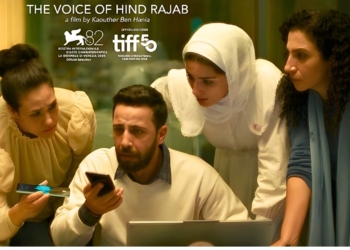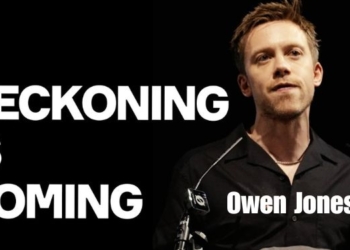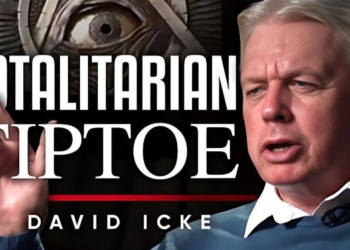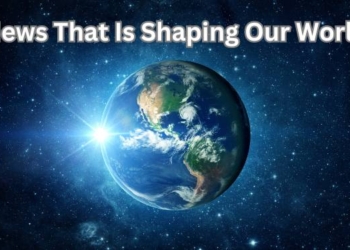
By Jake Johnson | Common Dreams
The massive shutdown affected many sites devoted to covering war, police brutality, and other issues neglected by the corporate media.
After Facebook announced on Thursday that it shut down and removed hundreds of pages and accounts that it vaguely accused of spreading “spam” and engaging in “inauthentic behavior,” some of the individuals and organizations caught up in the social media behemoth's dragnet disputed accusations that they were violating the platform's rules and raised alarm that Facebook is using its enormous power to silence independent political perspectives that run counter to the corporate media's dominant narratives.
While it is reasonable to assume that some of the more than 800 total pages and accounts shut down by Facebook were engaged in overtly fraudulent behavior—such as the use of fake accounts and bots to generate ad revenue—numerous independent media outlets that cover a wide array of issues say they were swept up in the massive purge despite never using such tactics.
“Facebook has removed the pages of several police accountability/watchdog/critic groups, including Cop Block, the Free Thought Project, and Police the Police,” Washington Post journalist Radley Balko noted in a tweet following Facebook's announcement. “They've also apparently severely restricted activity for the Photography Is Not a Crime page.”
Activist, comedian, and political commentator Lee Camp argued that Facebook's purge is clear evidence that the “purging of anti-establishment thought is upon us” and described the account shutdowns as “full-frontal suppression of dissent.”
Everyone, this is MASSIVELY important. American censorship is reaching a new level. Sites like Anti-Media, Free Thought Project and others, have been ripped down by Facebook today. The purging of anti-establishment thought is upon us. https://t.co/7SrRcwBsfs
— Lee Camp [Redacted] (@LeeCamp) October 11, 2018
Speaking to journalist Alex Rubinstein after they found out Facebook shut down their pages—some of which had hundreds of thousands of followers—the founders of Police the Police, the Free Thought Project, and other now-shuttered pages denied Facebook's hazy charge of “fraudulent” activity and accused the company of attempting to suppress dissenting voices that refuse to toe the corporate line.
“Our approach generally is to cover stories and angles that corporate media underreport or misreport and to amplify activist and anti-war voices and stories. All of our content is professionally fact-checked and edited,” said Nicholas Bernabe, founder of The Anti-Media, a self-described “anti-establishment” website whose Facebook page was shut down along with hundreds of others on Thursday. “I can only speculate that these suspensions were a coordinated effort to stifle our message ahead of the coming elections.”
While some of the pages Facebook removed on Thursday were affiliated with right-wing sites that were spreading patently false stories, censorship opponents have long warned of the “slippery slope” of empowering corporate giants to suppress certain kinds of content, given that the suppression almost always expands far beyond the original target.
“Those who demanded Facebook and other Silicon Valley giants censor political content—something they didn't actually want to do—are finding that content that they themselves support and like end up being repressed,” noted The Intercept‘s Glenn Greenwald in response to Facebook's announcement. “That's what has happened to every censorship advocate in history.”
Though Facebook has yet to release a full list of the pages and accounts it removed, several individuals affected by the purge have taken to other social media platforms to denounce the social media giant for squashing pages that took years to develop.
Facebook took down my page with nearly 70,000 followers, labeling it as "spam," when I have spent 4 years working to build that page up and using it to post the articles I wrote and videos of my reporting. This is so incredibly wrong and is affecting hundreds of similar pages.
— Rachel Blevins (@RachBlevins) October 11, 2018
This work is licensed under a Creative Commons Attribution-Share Alike 3.0 License








![Who Is Bobby Kennedy? [30-Minute Film on RFK Jr.’s Life, Narrated by Woody Harrelson]](https://consciouslifenews.com/wp-content/uploads/2024/05/who-is-bobby-kennedy-350x250.jpg)






